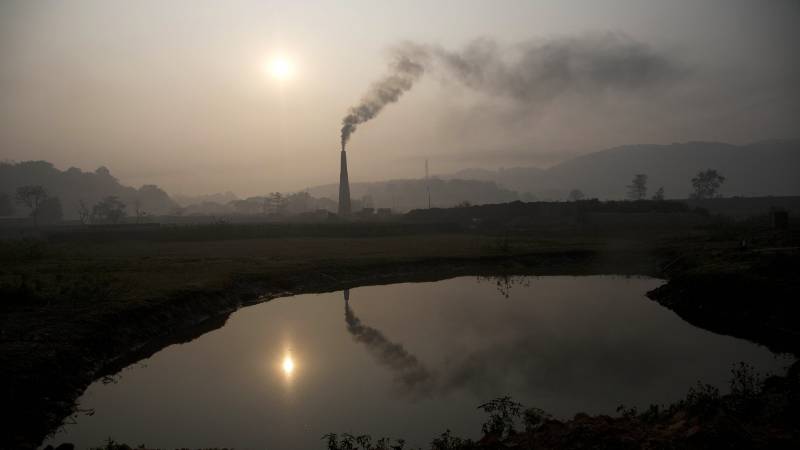If nations honor their latest pledges to reduce greenhouse gas emissions, the rise in average global temperatures by the end of the century could be held to 1.8 degrees Celsius, a new analysis by International Energy Agency says.
That’s short of a goal set by world leaders six years ago, but far less than the trajectory that the planet is on today, says the agency, part of the Organization for Economic Cooperation and Development.
The IEA’s new analysis includes promises made just this week at the COP26 U.N. climate conference in Glasgow, Scotland. Many countries at the ongoing conference have pledged to eliminate carbon emissions by 2050 and dozens have said they will cut releases of methane — an even more potent greenhouse gas — by nearly a third.
An independent group called Climate Action Tracker estimates that under current policies, the planet is likely to warm by between 2.7 and 3.1 degrees Celsius (4.8 to 5.6 degrees Fahrenheit), compared to pre-industrial times. That’s higher than the aim of 1.5 degrees C (2.7 degrees F) rise agreed to in the 2015 Paris Climate Agreement and seen as necessary to avoid the most catastrophic consequences of climate change.
Ahead of the summit in Scotland, known as the Conference of Parties, or COP26, the International Energy Agency had forecast that if countries were able to fulfill their pledges on climate action made up to that point, average global temperatures by the end of the century would rise by 2.1 degrees Celsius (3.8 Fahrenheit) from preindustrial times.

9(MDAxOTAwOTE4MDEyMTkxMDAzNjczZDljZA004))
